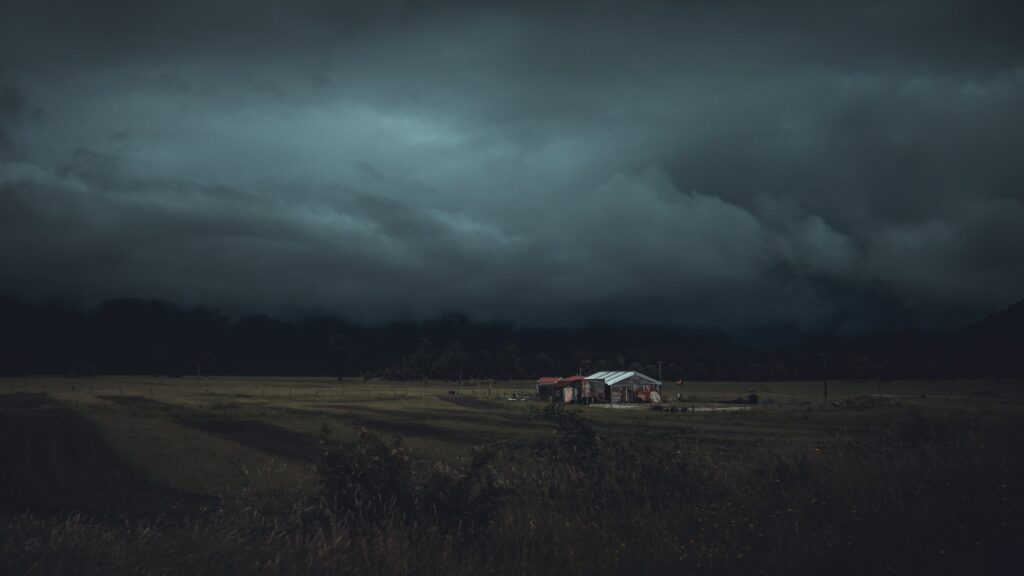
Growing up on a farm taught me a lot about being out of control. Mom and Dad had a little sign in the farm office that said, ‘Pray as if everything depends on God, ’cause it does. And work as if everything depends on you, ’cause it does.’ As a child, I found it weird, but as I grew up I understood it more.
I also knew that if November or December was more cloudy than normal, it hugely impacted our Christmas pointsettia crop. I knew that if we had a late frost in the spring, it impacted how much fruit was produced in our region. We couldn’t do anything about the sun and clouds – it was not in our control. Some local farmers and wineries installed turbines to keep the air moving to stop the frost, but that too wasn’t foolproof.
There are many things that are outside of our control. And yet, when things go wrong, we often look for people to blame. We look for a villian, a scapegoat. So we blame a person, forgetting about culture, context, and systems in which we all live and work in. We don’t live or work in a vacuum – this does not mean we do not have personal responsibilty, but it does mean not everything is down to us.
In his recent newsletter, Steven, author of Pay the Price, tells a number of powerful stories and reminds us of a quote from Hans Rosling’s book Factfulness:
Look for causes, not villains: When something goes wrong, don’t look for an individual or group to blame. Accept that bad things can happen without anyone intending them to. Instead, spend your energy on understanding the multiple systems, interacting causes or systems that created the situation.
Hans Rosling
This is true in farming, but also in all areas of our lives and especially in change. Look for causes, not villians.

0 Comments